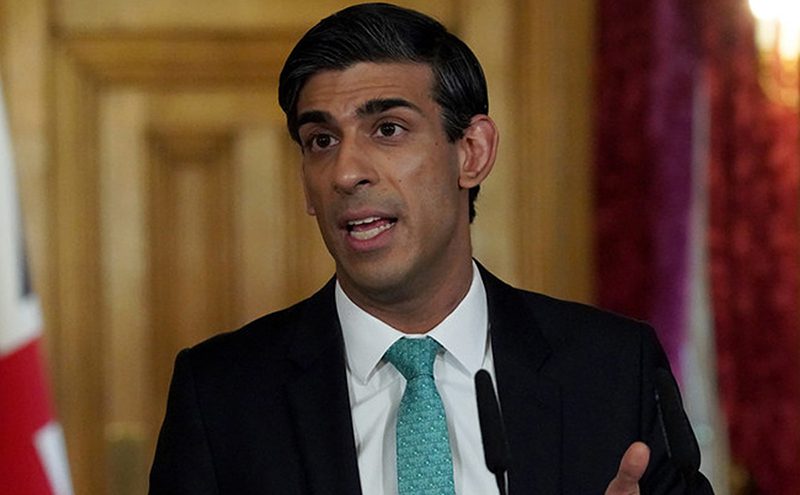
THE biggest reform of alcohol duty for more than a century, was the claim made by Chancellor Rishi Sunak in a Budget that has garnered a mixed response from industry leaders.
Described by the Treasury as a “major simplification” of alcohol duty, from 2023 drinks will be taxed based on the proportion to their alcohol content, in contrast to the existing category based regime.
Under the new rules, duty will be set based on bands determined by ABV, with rates set for products between 1.2-3.4%, 3.5-8.4%, 8.5-22%, and above 22%.
The Chancellor said this would end inconsistencies in the current system, such as the higher duty rate for sparkling wines as compared to still wines with the same ABV. He also committed to extending the ongoing freeze on duty beer, cider, wine and spirits for another year.
Miles Beale, chief executive of the Wine & Spirit Trade Association, welcomed the duty reforms.
“The decision to freeze wine and spirit duty comes as a huge relief to British businesses, the hospitality sector – including its supply chain – and consumers, giving everyone a much-needed break to help them recover from the pandemic,” he said.
One area of duty left untouched was tobacco, with the Chancellor retaining the duty escalator in his Budget. On 27 October, duty rates on all tobacco products increased by RPI inflation plus 2%, with hand-rolling tobacco up by RPI +6%.
Another increase could be found in pay packets. The Chancellor confirmed that from 1 April, the National Living Wage – the minimum wage for workers aged 23 and over – will rise from £8.91 to £9.50 per hour, an increase of 6.6%.
National Minimum Wage and apprenticeship pay will also increase across all bands.
Pay for 21 to 22 year-olds will rise 9.8% to £9.18, 19-20 year-olds by 4.1% to £6.83, 16 to 17 year-olds up 4.1% to £4.81, while pay for apprentices will rise by 11.9% to £4.81.
Narinder Randhawa, national president of the NFRN, said the wage hike will threaten jobs in the independent retail sector.
“Rather than boosting many shop workers’ incomes, the proposed increase will have the opposite effect of threatening jobs in the sector.
“We would all like to pay our staff more, but the headline increase in the wage rate does not include the increase in National Insurance and pension contributions that employers also have to pay.
“Given that many of the items on sale in our 11,000 members’ stores – particularly newspapers and magazines – are price marked, retailers are unable to increase their prices to cover these additional payrolls costs.
David Lonsdale, director of the Scottish Retail Consortium, called for the government to do more to support retailers in parallel with increasing wages.
“Our members support the objective of higher wages and have been working hard in recent years to secure the productivity improvements needed to ensure such increases are sustainable.
“However, this is made more challenging when retailers are currently grappling with a hodgepodge of government-imposed tax and regulatory costs.”














